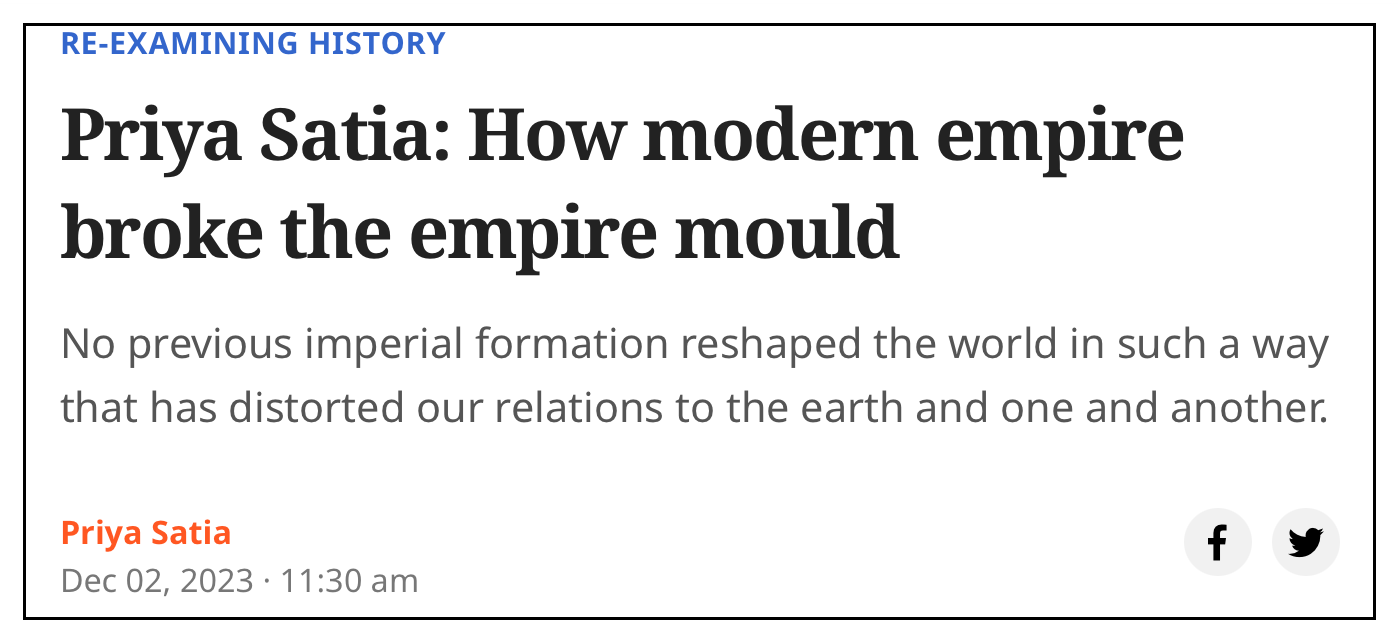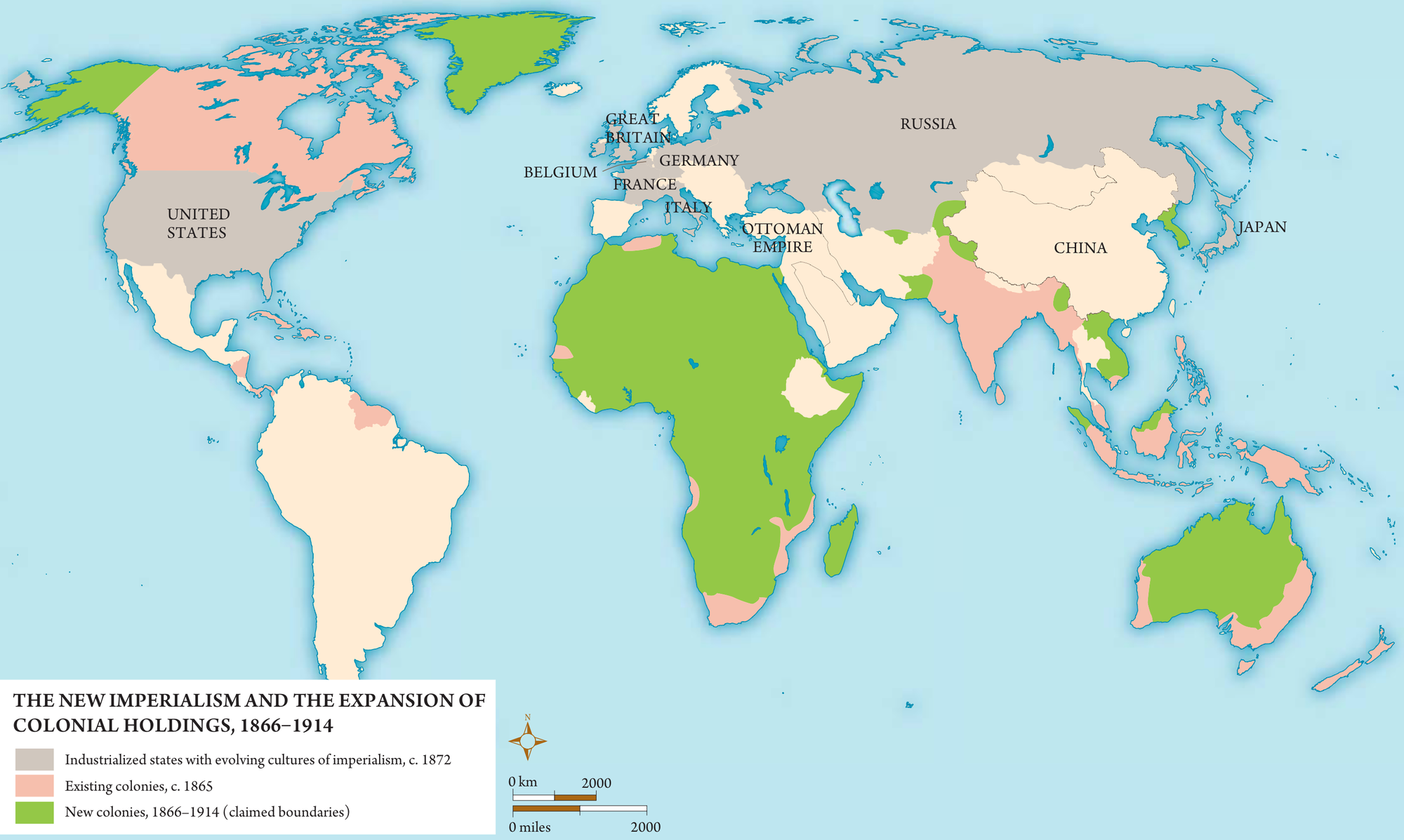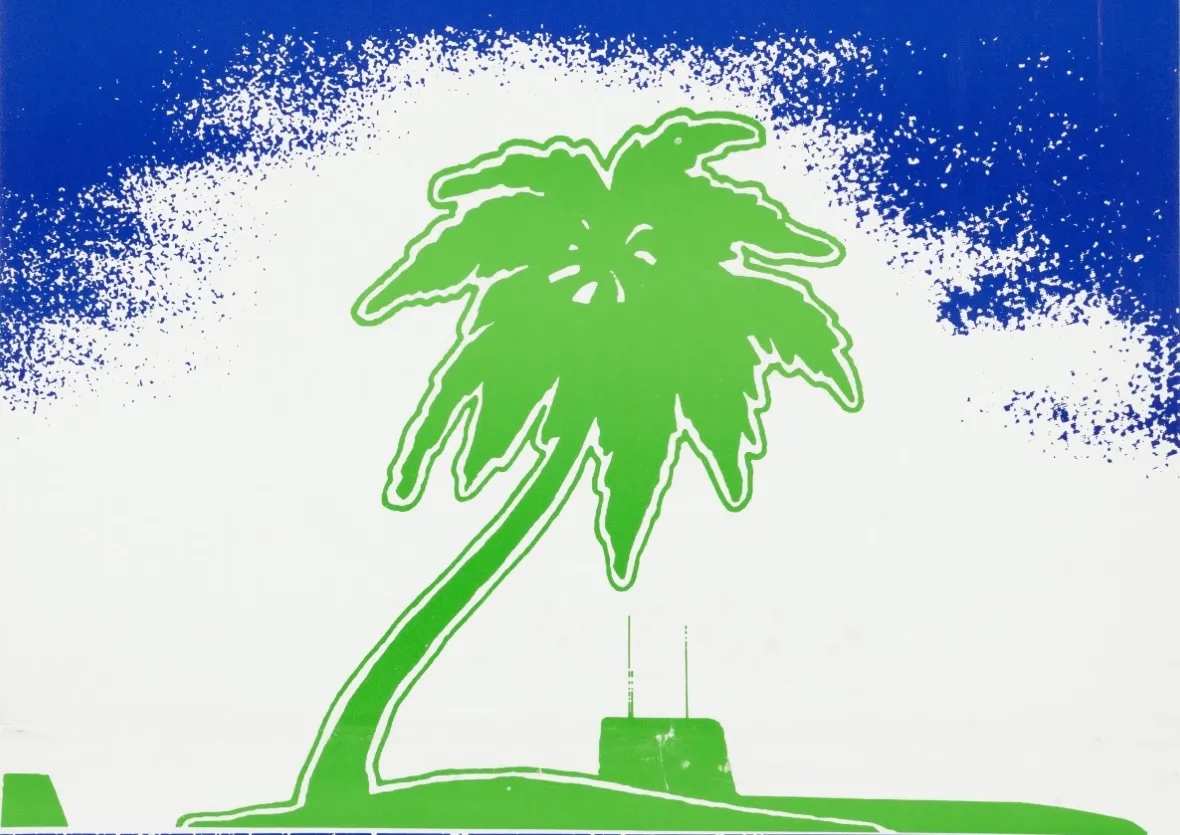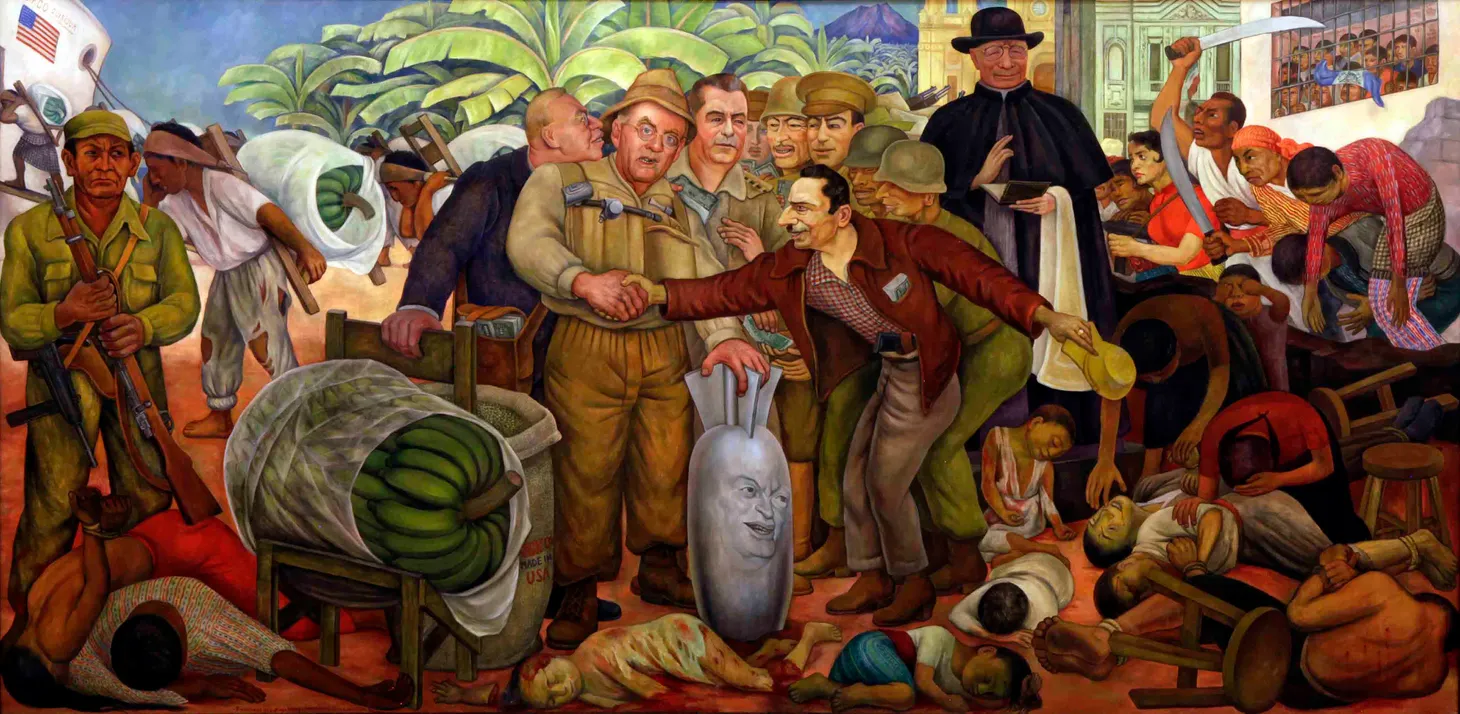Discussing the Legacy of New Imperialism in the Classroom
Discussion of an end of unit activity on New Imperialism

Table of Contents
Priya Satia, a professor of British imperial history at Stanford University, recently published “How Modern Empire Broke the Empire Mould.” It’s an excellent article that explores how European empires of the late nineteenth and early twentieth centuries differed from earlier empires. She also discusses how everyone lives today in a world defined by New Imperialism. As I was reading the article, I thought it would be an excellent resource for world history teachers, so I put together this bonus post. To get a sense oof her arguments, here are a few passages:
In their particular preoccupations with materialism, territorial control, and managing social differences and similarities, modern European empires created the world anew. This is not to say that the Mughal or Roman empires were not oppressive in their own ways – their histories are full of stories of contestation and resistance (most famously, Jesus’s anticolonial challenge to Roman rule in Judea) – but European empire reshaped the world in specific ways that need to be addressed for new, freer futures to become possible.
And:
Certainly, earlier empires were extractive in their own right, often excessively so. However, unlike the indigenous or indigenised imperial rulers they displaced, European colonisers did not typically invest the wealth they extracted back into the country. In the 18th century, the Mughal historian Ghulam Hussain Khan called out the traits that distinguished British colonialism: a disinterest in putting down roots and a sense of “divine obligation” to scrape “together as much money as they can in this country” and carry it home.
And:
Thirdly, ideas about racial difference reshaped human relations under European empire. Slavery and violence were integral to the Roman empire, but prejudice based on distinctions of skin tone, features, and hair texture was not a defining feature of the system. Moreover, the Romans maintained diplomatic, military and commercial ties even with the Germanic peoples they considered “barbarians”.
The British and French empires, however, embedded racial distinctions in structures of governance and the social hierarchies on which they depended, including military recruitment, practices of war, policing and criminal punishment, urban planning, public health and labor policies, education, and beyond. Their imperialism was premised on the notion that non-white peoples (including the Irish), lacking conscience and virtue, required paternalistic government by Europeans.
Satia’s arguments are precisely those that can help students think about the utility of studying history. She shows how the past has influenced the world we live in today, but not in a nationalistic or jingoistic way.

This article also seems ideal for a Harkness discussion or a Socratic Seminar at the end of a unit on New Imperialism. We can ask students to reflect on two big questions:
- How was European imperialism (New Imperialism) unique?
- How does European imperialism shape the world we live in today?
Students could draw on the evidence in the article and the material they studied during the unit. I imagine other potential uses for this article in the classroom. If you have suggestions, please share them below.
You can also easily access my other posts on teaching New Imperialism by clicking on this tag.
And in case students are wondering why a professor at an American university spells words such as “mould,” “indigenised,” and “coloniser” the way she does, it’s another opportunity to reflect on the legacy of British imperialism.
Liberating Narratives is written by Bram Hubbell. If you’ve valued reading this post, please consider becoming a paid subscriber. Your financial contribution supports independent, advertising-free materials for teachers. Thank you, friends.
If you would like, please forward this message to a friend or colleague and let them know where they can subscribe. (Hint: it's here.)
If you have any comments or suggestions, please share them with me or post them below. I can also be reached on Twitter, Facebook, Instagram, Threads, Mastodon, Bluesky, and email.
Liberating Narratives Newsletter
Join the newsletter to receive the latest updates in your inbox.



